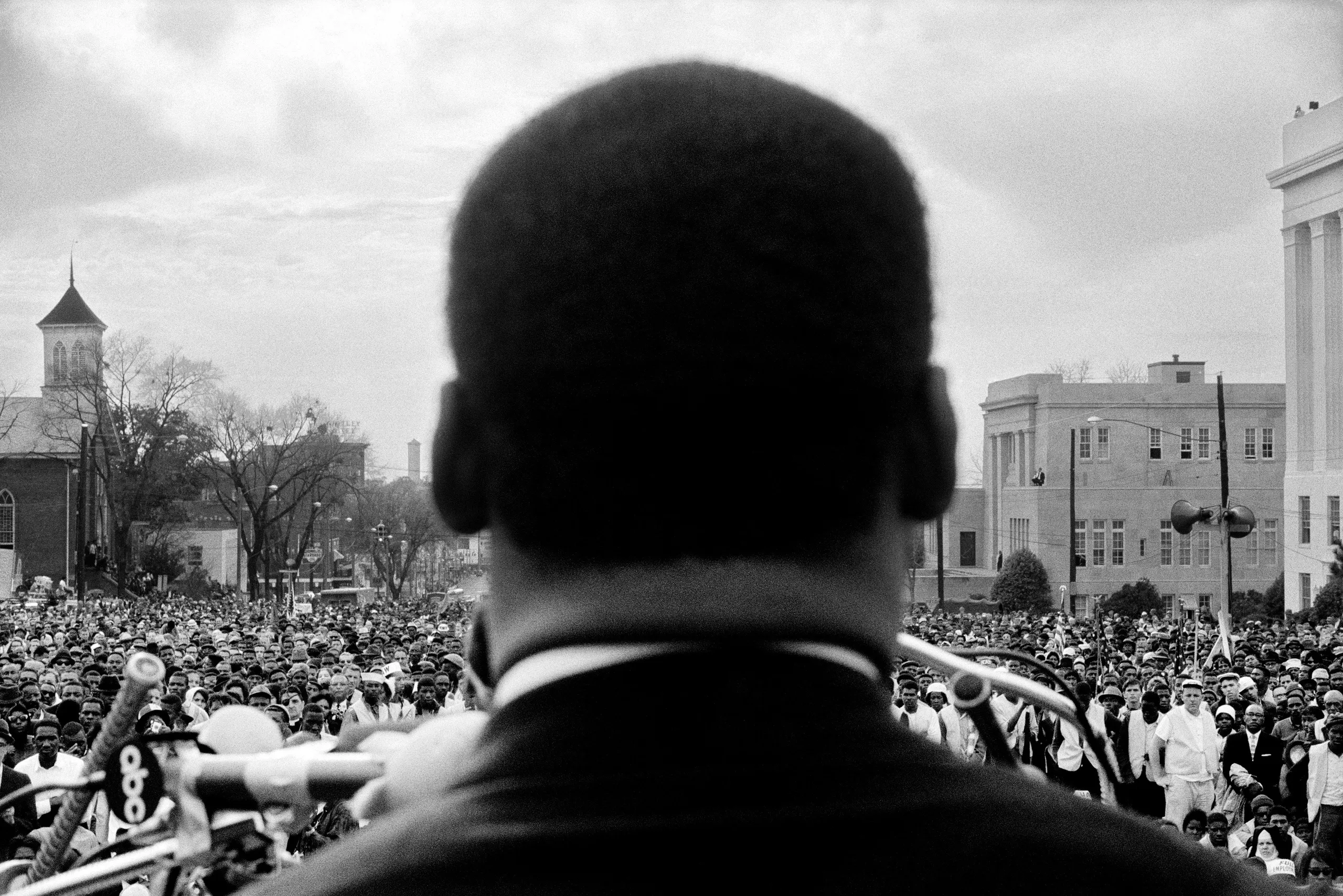Why Africans Have such a Small Share of Global Wealth.
By Ernest Osogbue
On April 1st, this year, Forbes Magazine released the list of the world’s wealthiest people for 2025. According to the magazine, there are now 3,028 billionaires in the world, 247 more than last year. Not only that, their total wealth has risen by nearly $2 trillion from last year. A breakdown of the billionaires by country shows that the US leads the pack with 902 billionaires, China is second with 516, with India in third place with 205 billionaires. Elon Musk, the Tesla CEO, remains atop the pile of billionaires, with over $300 billion, while Mark Zuckerberg of Facebook is second, ahead of Amazon’s Jeff Bezos.
While these facts may sound interesting, a careful review of the Forbes list would inadvertently reveal a disparity in the distribution of global wealth to black people and, by extension, Africa. As Africa and Africans grapple with the challenges of underdevelopement, and criticize their leaders over corruption and poor governance, one fact they fail to understand is the deliberate stifling of black/African enterprise, in a bid to limit Africa’s share of global wealth. A breakdown of the Forbes list shows that of the 3,028 billionaires, only nine are from Africa, with two of them based in the US. This means that there are only seven billionaires made in Africa. The more surprising statistic, however, is the number of black billionaires. According to Forbes, there are only 23 black billionaires in the whole world, a paltry 0.8 percent. Aliko Dangote is the top African, as well as the top black billionaire. His wealth currently stands at $23.9 billion, putting him 83rd on the global list.
As a child growing up with my grandparents while in primary school, I often wondered how colonialism came about. How did the white man succeed in coming to Africa to subjugate and make Africans his subject in their homes? The question always bothered me, and until now, despite years of study, I have yet to get a reasonable answer to the question. On my travels abroad, seeing the development in the white man’s land and comparing it to what obtains in Africa usually leaves a bad taste in my mouth. Why was it not the African who went to conquer the white man in his land? Why does Africa have such a small share of global wealth?
In the effort to answer these questions, I tried to discover, if any, the differences in the make-up of the white man and his black counterpart, perhaps, the white man was created differently, with superhuman powers. But there is nothing of the sort. In fact, outside of skin pigmentation, there are not many differences between whites and blacks. We bleed the same blood, have the same internal organs, and the process of maturity into adulthood from birth is basically the same. It is only at the socio-cultural level that one notices some subtle differences. Blacks are louder than whites, whites are generally more reserved, while blacks are more gregarious. Blacks believe more in community, with whites being more individualistic. Blacks believe more in the extended family and respect for elders, with whites focusing more on the self and seeing age as only a number. These differences are not wholesale, as individual whites or blacks could exhibit an attitude completely opposite of the norm. Even if that were not so, could these minor behavioral differences account for the monumental disparity in the access to wealth of blacks and whites?
Some have said that colonialism and slavery completely eroded the African culture, supplanting it with European ways. Today, real Africa continues to recede culturally, physically, and intellectually. Africans now communicate in European languages; French, English, Portuguese, and Spanish are spoken more in Africa than any African language. For others, colonialism not only eroded African culture, but captured the African mind in what the late Jamaican singer, Robert Nesta Marley, refers to as mental slavery, where the African now believes that he is inferior, and that anything European is better than all things African.
This has resulted in Africans seeking validation from Europe and the Americas. Africans in the arts and sciences only feel validated when they are appreciated by Europeans. This mental slavery remains the greatest damage and relic of colonialism. The majority of blacks unconsciously see themselves as being inferior to the white man, and therefore only feel validated by him. The question therefore arises, would Africa have developed better had the white man not come plundering? Did Otto Von Bismarck and his Berlin Conference of 1884-1885 do an eternal damage to Africa? If so, how can it be redressed? Should Africa reverse course and start all over to pursue her own brand of civilization?
Some people have posited that despite colonialism, India is actually catching up with the white man. There must, therefore, be something in the make-up of the black man beyond colonialism and slavery that denies him his share of global wealth. Evidence points at the undue flamboyance of the black man, who is easily satisfied with little success. This school of thought points at Mark Zuckerberg of Facebook, and how he rejected a $2 billion offer from Yahoo in 2006, they equally point at Elon Musk, and say that despite making $100 million from his first investment, he didn’t get carried away. Rather, he invested the entire fortune and didn’t have a place to sleep until having nurtured his dreams to fruition. By contrast, they believe that a black man in the above two positions would have acted differently. They reference the examples of successful black musicians and sportsmen, who are ever too ready to enjoy the proceeds of early success, and splash thousands, if not millions of dollars on luxury goods with the first pay check. People point at this undue flamboyance of the black man and his lack of the investors’ instinct as being majorly responsible for his limited share of global wealth.
If so, what about African countries? Why do they suffer underdevelopment? Some believe that Africa had an unequal start, as its best hands were stolen away and used to develop Europe and the Americas through free slave labor. It is believed in these quarters that had slavery not happened, Africa would have been at par with Europe in development. For now, Europe and the other continents are way ahead of Africa. There is therefore an impression created, that Africa is poor due to poor leadership, that African politicians loot their countries and cheat their peoples. If that were true, how come these politicians are not on the Forbes billionaire list, with all their loot? This means that whatever they steal is only marginal and insignificant. It becomes clear, therefore, that Africa is poor not because of corruption or laziness but due to systemic marginalization by the white man. After all, African countries emerged from the ashes of the white man’s colonial rule.
It is therefore evident that the world belongs to the white man, and black people are merely passengers. It is the white man who determines the prices of goods and services in the international market, including African produce. How then does the African get value for his work when he can not determine what his labor is worth? How come there are only 23 black billionaires in a group of 3,028, if not by the manipulations of the white man? Where are the excellent black students who top their classes in the Ivy League universities in the US? How come they never emerged in the billionaire class? How come white people were carving up Africa, imposing their religion, their culture, and their language on Africa without any repercussions? What about slavery? The white man enslaved black people for centuries, used him to develop and build his countries without paying any compensation, and, to date, has not paid any reparations. What a privilege it is indeed to be a white man. It is evident, at least, to this writer that this world belongs to white people, and so they can do whatever they please and get away with it. African people must understand therefore, that the poverty in their countries is not strictly due to poor leadership and corruption, they must look at the white man and his various anti-black and anti-African policies to understand why Blacks and Africans have such a small share of global wealth.









